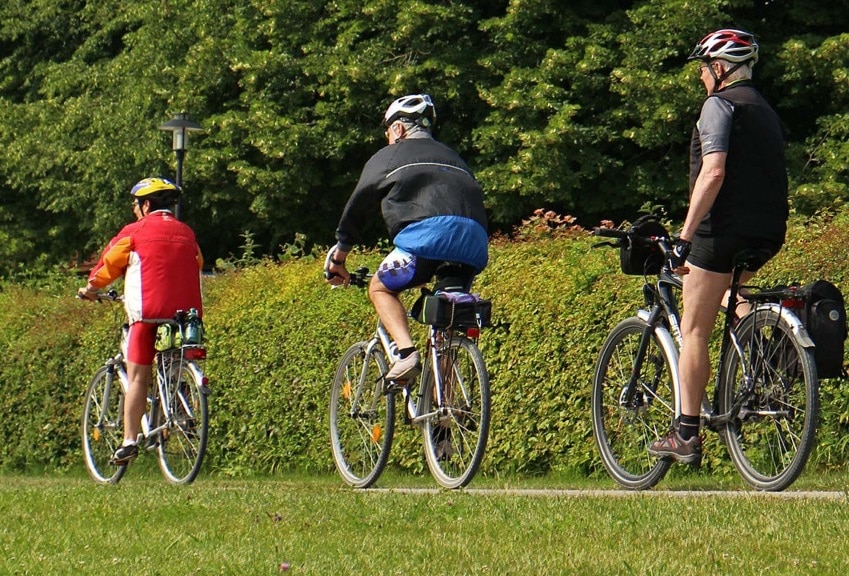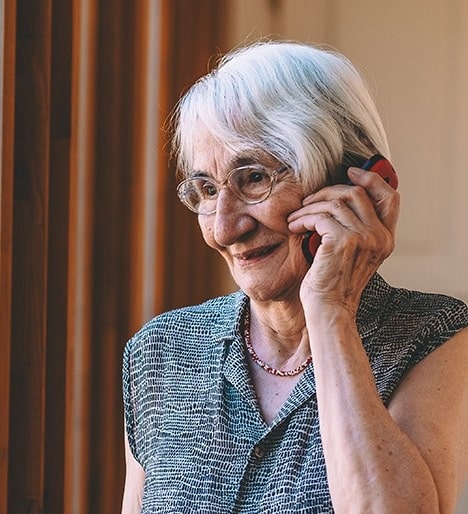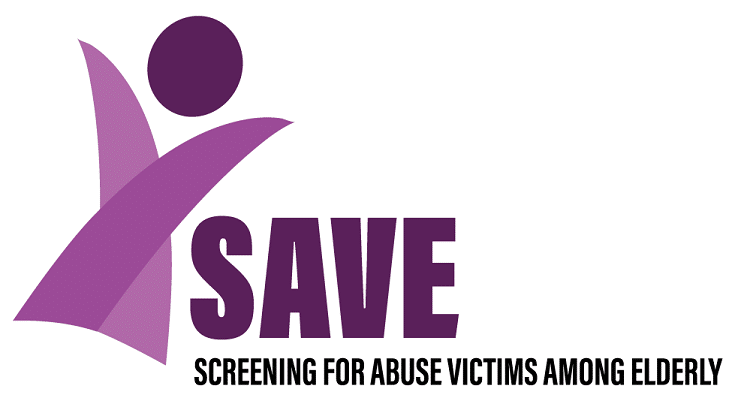Recent figures from the World Health Organization reveal that cases of elder abuse have increased by 84% worldwide during the pandemic. The issue is of concern to AGE members who responded massively to the World Elder Abuse Awareness Day last 15 June.
We are all (future) older people. Tackling elder abuse should be a collective endeavour.
“Older people are people who live next to us, they are members of our family, friends and acquaintances. They themselves often respond to violence with solidarity, help and care. Let us try this year, on the occasion of this day, to be by their side” wrote 50+Hellas in their press release.
Making abuse visible

- In Belgium (Flanders and Wallonia), AGE members organised webinars
- In Serbia, the Red Cross has been co-organising an international event on the topic of access to justice, focusing on the context of the pandemic
- In Spain, the Red Cross campaigned online with a series of 6 infographics with recommendations on how to prevent ageism and elder abuse. Also in Spain, CONFEMAC – a member of the Spanish federation of older people (CEOMA) – teamed up with city councils to disseminate videos, posters, and light up public buildings in green as a sign of hope for good treatment in older age.
Elder abuse takes different forms
AGE was recently referring to the findings of a study comparing the prevalence of abuse in 7 European countries: 19.4% of older people experience mental abuse, 2.7% for physical abuse, 0.7% for sexual abuse, 3.8% for financial abuse, and 0.7% for injury.
Several AGE members delved into the details of some of these forms of abuse.
- In Belgium, the Flemish Council for the Elderly invited its readers to give a look at work carried out by the University of Ghent on sexual violence experienced by older people, a topic often forgotten in research, policy and practice. They also promoted a documentary series on domestic violence perpetuated by children.

- In the Netherlands, KBO-PCOB partnered with the policy and the Ministry of Justice in April to produce a brochure on how to avoid scamming and online crime.
Education and support services are critical to tackle abuse
In Austria, the Pensioners’ Association of Austria (PVÖ) seized the momentum of the International Day to send a clear message on what can be done about abusive behaviours:
“We must educate, look and support! This is the only way to prevent violence!”, stresses Dr. Peter Kostelka, President of PVÖ in a statement published on their website. “The environment, the family doctor, the mobile nurse, must be attentive. But pensioners’ associations also play an important role here and have a high degree of responsibility. If there is suspicion, it is essential that this is addressed sensitively and carefully”.

In Czechia, Zivot90 have already been supporting victims of violence for more than 30 years thanks to their helpline and free counselling center.
But professional services and informal carers need support too!
In Italy, the National Association of Older and Retired Persons (ANAP) reminds that we can address elder abuse by preventing risk situations that concern older people, their families, and their caregivers.
Since the COVID-19 crisis, further older people with care needs and many carers were left without support. Both dynamics increased the risk of abusive behaviours. The social and psychological wellbeing of both older people and carers need special attention.

In Serbia, the EU-funded project EmPreV (Empowerment of older women: preventing violence by challenging social norms in Serbia and Austria) has also organised trainings of trainers for staff and volunteers of the Red Cross to stop violence against older women.
In Spain, the Spanish older people’s organisation UDP Mayores organised online trainings to help social services, justice, and security professionals establish adequate prevention measures and become detecting agents of elder abuse.
For more information, read our recent articles :
- A Europe free of elder abuse, opinion pulished in Social Europe
- Elder Abuse is Widespread in Europe – and We can Put an End to It, article (p. 33) published in the Issue Focus of ASEM Global Ageing Center – Summer 2021
Your organisation has worked on elder abuse and is not in the above list?
Do not hesitate to keep us informed and share your news (including in original language) with Estelle: estelle.huchet@age-platform.eu
For any matters regarding our policy work on please contact Borja: borja.arrue@age-platform.eu






